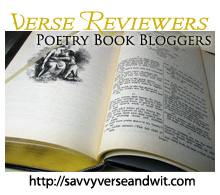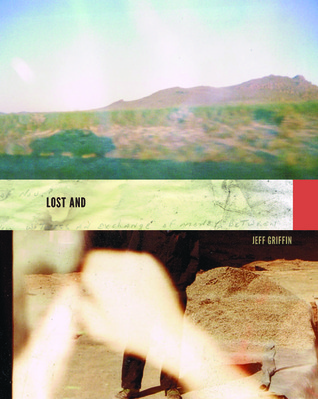
eBook, 170 pgs
I am an Amazon Affiliate
Lost and by Jeff Griffin, published by University of Iowa Press, feels more like a scrapbook than a poetry collection, and while there were poems included, most everything in the book are scraps he gleaned from his travels into the desert. Some of these pieces are lists, photos, and other scraps, including a letter from a woman to her alcoholic partner. While these items may reflect communities that have once thrived in the desert and are now abandoned, the collection is not what most readers would expect and there is little to link these pieces together.
From GoodReads:
Ever since he was a child sitting in the back of his parents’ car, Jeff Griffin has been taking explorative journeys into the desert. In 2007, as an art student, he started wandering the back roads of the Mojave Desert with the purpose of looking for a place to reflect in the harshly beautiful surroundings. What he found were widely scattered postmodern ruins—abandoned trailers and campers and improvised structures—whose vanished occupants had left behind, in their trash, an archaeological record.
While Griffin’s efforts to create an artistic rendering of these emptied communities, trailers, and lives, the pieces could have been better tied to one another with some text, explanation, or other commentary from Griffin. In many ways, the collection could have benefited from a demonstration of how Griffin was influenced or inspired by these pieces to create his own art — though the book itself is his modern art from those journeys into the Mojave Desert. Lost and by Jeff Griffin, published by University of Iowa Press, just didn’t work for me, but perhaps I’m not the target audience for this one.
About the Poet:
Jeff Griffin is a graduate of the Iowa Writers’ Workshop and an associate at Griffin Moss Industries, Inc., and he operates the publishing house Slim Princess Holdings. He lives around Nevada.
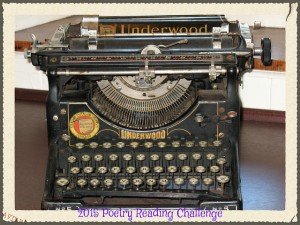
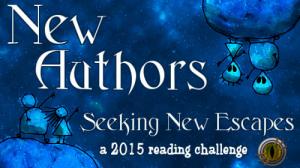
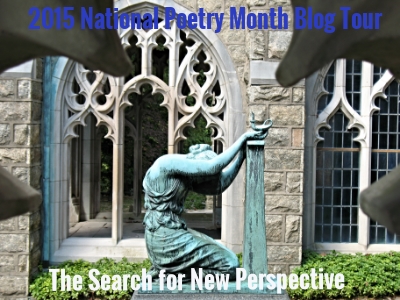


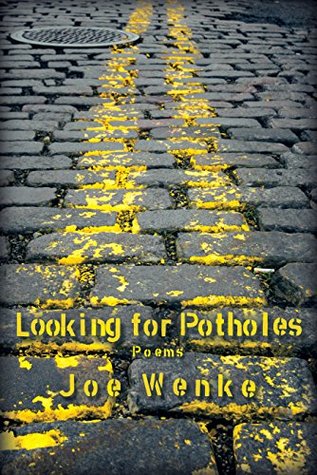
 About the Poet:
About the Poet: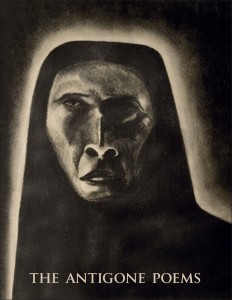
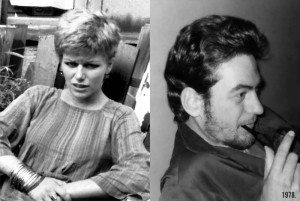 About the Poet:
About the Poet:
 Although today is technically the end of National Poetry Month, my poetry reviews for #NPM15 will continue into May because I read way more books than I thought for the month, thanks to the
Although today is technically the end of National Poetry Month, my poetry reviews for #NPM15 will continue into May because I read way more books than I thought for the month, thanks to the 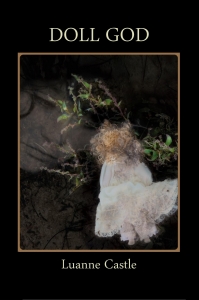 1. Re-examining our childhood and our pasts is something that echoes throughout your collection, Doll God, and there is a deep sense of anxiety and loss tied to those reflections. When did you first start examining your own childhood and past and how does anxiety and loss tie into that self-examination?
1. Re-examining our childhood and our pasts is something that echoes throughout your collection, Doll God, and there is a deep sense of anxiety and loss tied to those reflections. When did you first start examining your own childhood and past and how does anxiety and loss tie into that self-examination?
 About the Poet:
About the Poet:

 About the Poet:
About the Poet:
